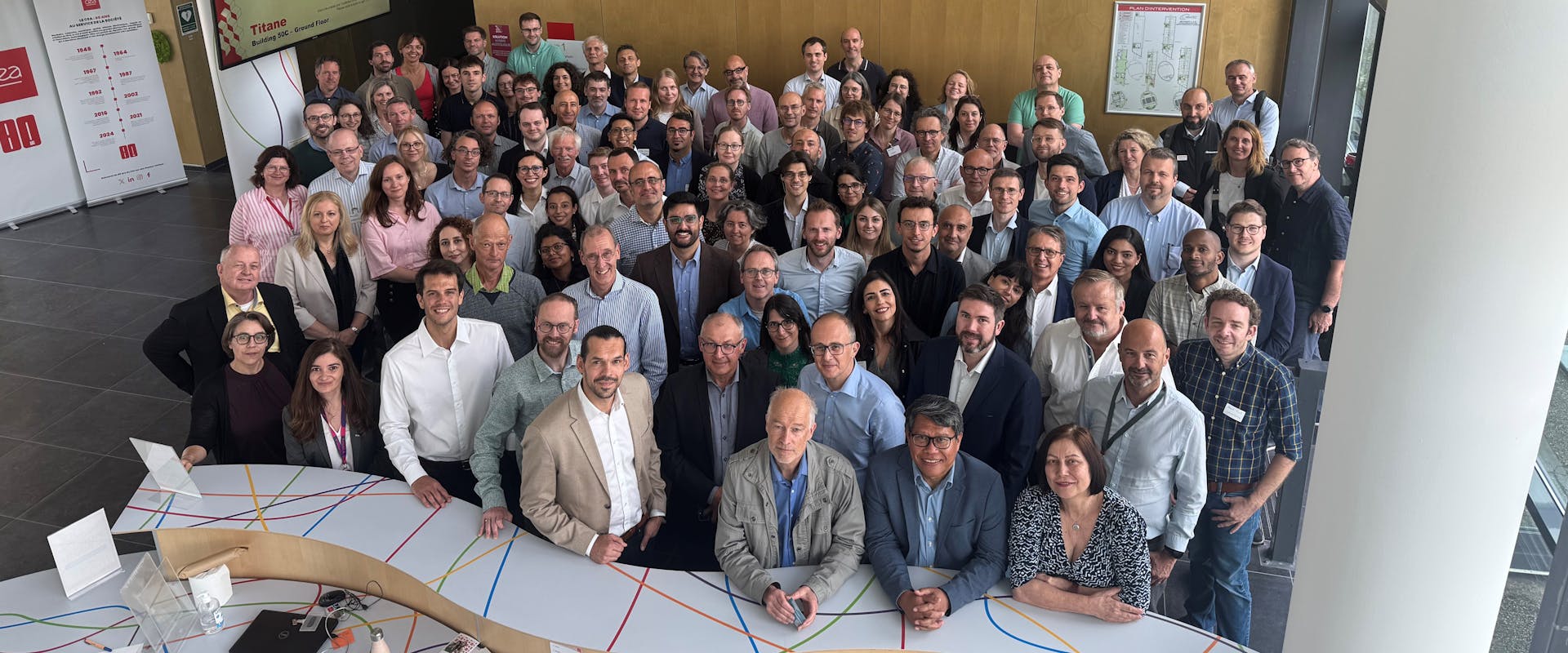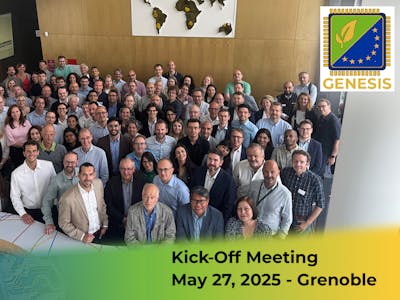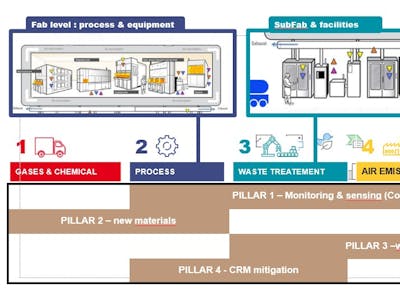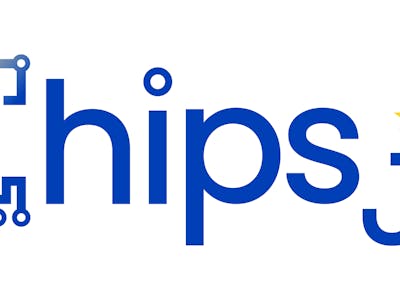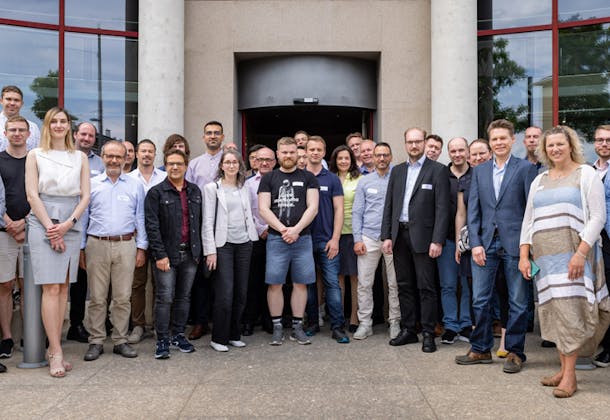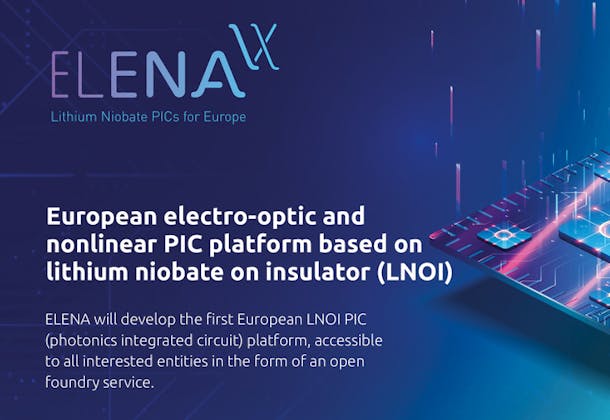GENESIS enables the development and application of sustainable, scalable technologies in real industrial settings, like watchmaking, focusing on resource efficiency and environmental impact reduction
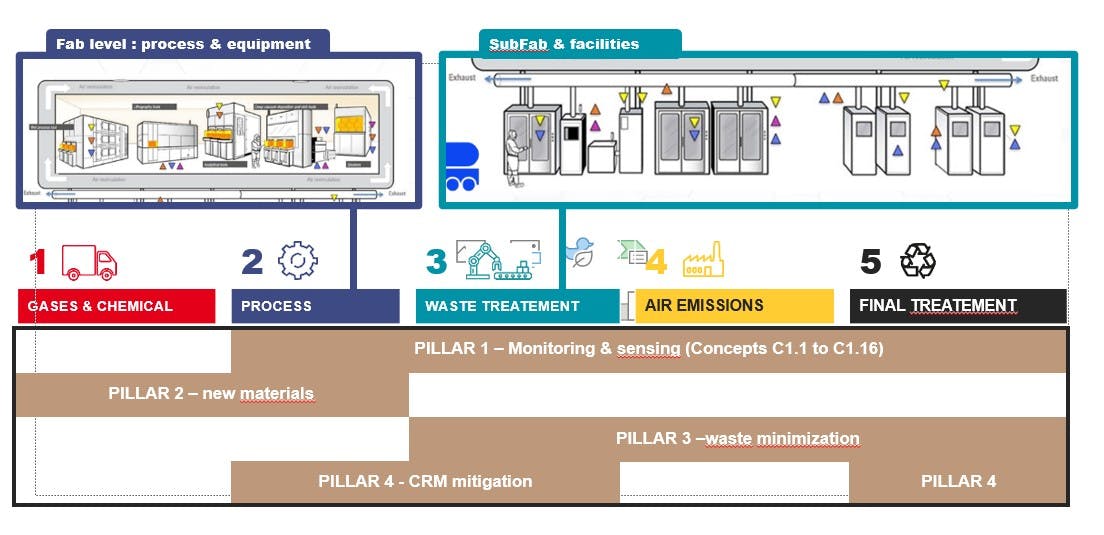
The five critical stages in the chip-making lifecycle addressed by GENESIS:
The GENESIS integrated roadmap outlines five critical stages in the semiconductor manufacturing lifecycle—materials (PFAS-free alternatives: gases and chemicals, processes, waste monitoring and treatments, air emissions, and final treatments—where environmental impact can be minimized.
This structured approach guides the project’s efforts to reduce emissions, eliminate harmful substances, and enable material recovery through innovation in sensing, materials, waste reduction, and raw material reuse.
A green fit for Europe’s chips agenda
“The launch of the GENESIS project marks a critical step toward aligning Europe’s semiconductor ambitions with its climate commitments,” said Anton Chichkov, head of programs at Chips Joint Undertaking (Chips JU), a public-private partnership created to bolster Europe's semiconductor industry by fostering collaboration between the EU, member states, and the private sector.
“As chips become the backbone of everything from AI to energy systems, their environmental footprint is rapidly growing,” he said. “GENESIS responds to this urgent challenge by pioneering sustainable alternatives in materials, waste reduction, and resource efficiency. Through this initiative, Europe is not only investing in cleaner technologies—it’s positioning itself as a global leader in green semiconductor manufacturing.”
With a budget of close to €55 million, the GENESIS project is co-funded through the Chips Joint Undertaking by the European Commission, participating EU member states, and the Swiss State Secretariat for Education, Research and Innovation (SERI).
